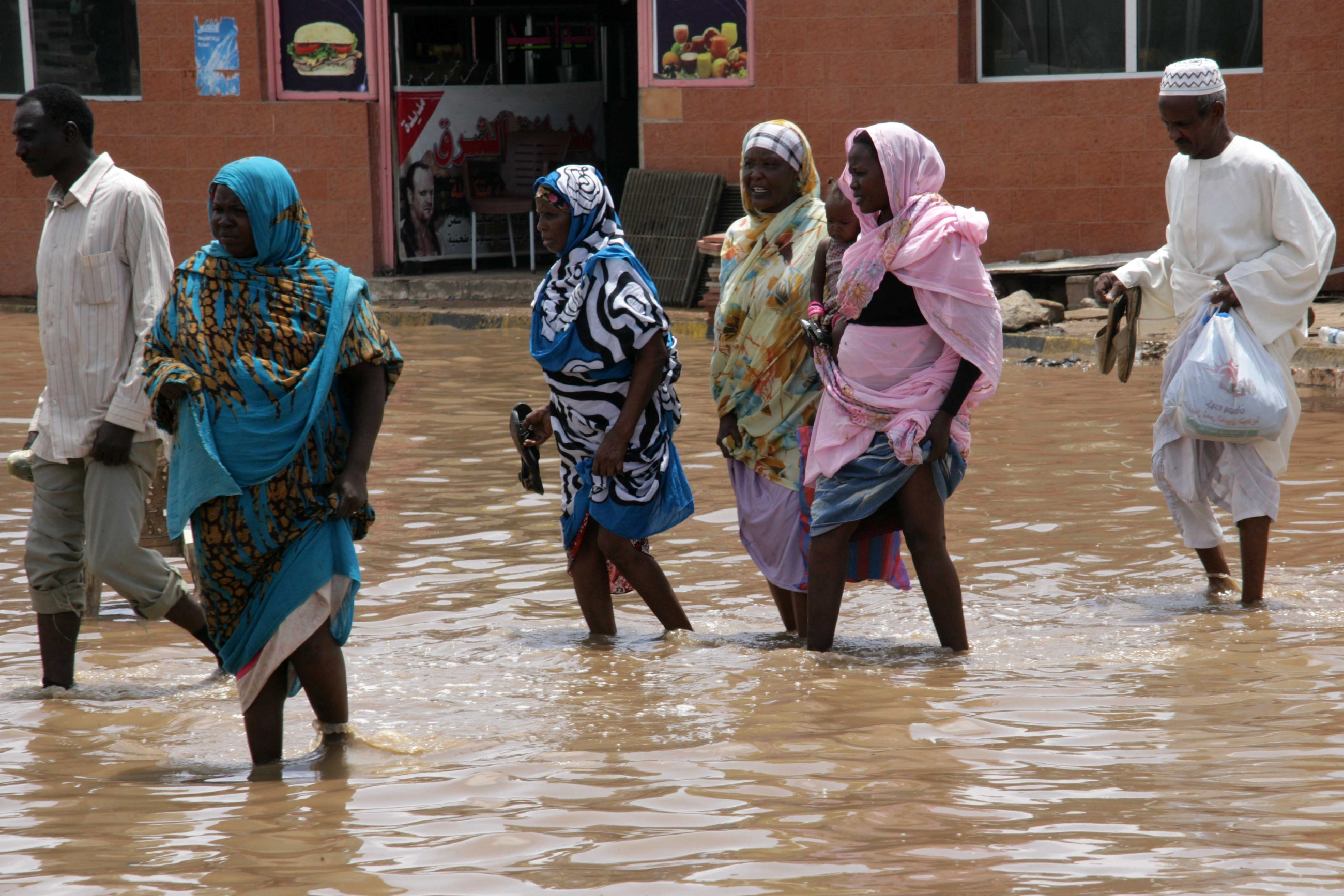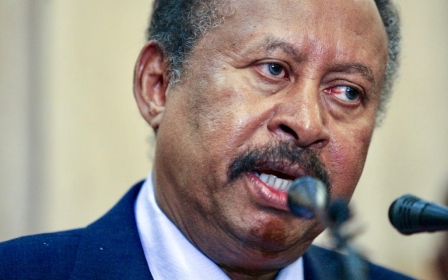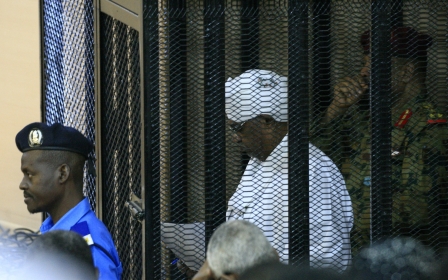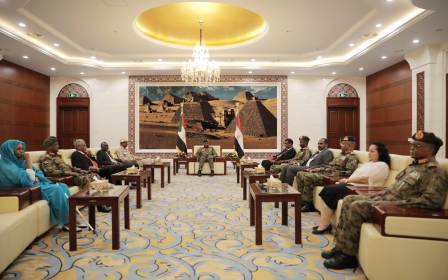Health crisis looms for Sudan's new government as flooding kills 60

Sudan's new transitional government could immediately face a health crisis, aid workers have warned, after flooding caused by ongoing heavy rains killed at least 60 people, according to the UN's children agency UNICEF.
Tens of thousands of homes have been destroyed and dozens of people killed by roofs collapsing or electrocution, UN spokesman Jens Laerke told a press conference on Friday.
"If this is not treated as a national disaster very soon, we will soon see a waterborne disease outbreak and possible cholera," a UN insider told Middle East Eye.
Sudan's own Humanitarian Aid Commission also warned that once the rains subside, disease-carrying mosquitos could breed in the stagnant waters left behind.
New MEE newsletter: Jerusalem Dispatch
Sign up to get the latest insights and analysis on Israel-Palestine, alongside Turkey Unpacked and other MEE newsletters
The worst-hit area of Sudan has been White Nile state, according to the UN, where almost 70,000 people have been affected and camps for South Sudanese refugees have been damaged.
At least 190,000 people have been affected by the heavy rains, which has hit all but three of Sudan's 18 states and is expected to continue in coming days.
The UN warned that shelter for displaced families has become an urgent need because so many have been destroyed.
Amsterdam-based Sudanese broadcaster Radio Dabanga reported that protests were held in the capital Khartoum this week, demanding that more be done for areas affected by the floods.
Members of a new transitional joint civilian and military government were sworn in this week, including a new prime minister.
The government was formed after months of protests that in April this year ended former president Omar al-Bashir's three decades in power and called for civilian rule.
Middle East Eye delivers independent and unrivalled coverage and analysis of the Middle East, North Africa and beyond. To learn more about republishing this content and the associated fees, please fill out this form. More about MEE can be found here.




